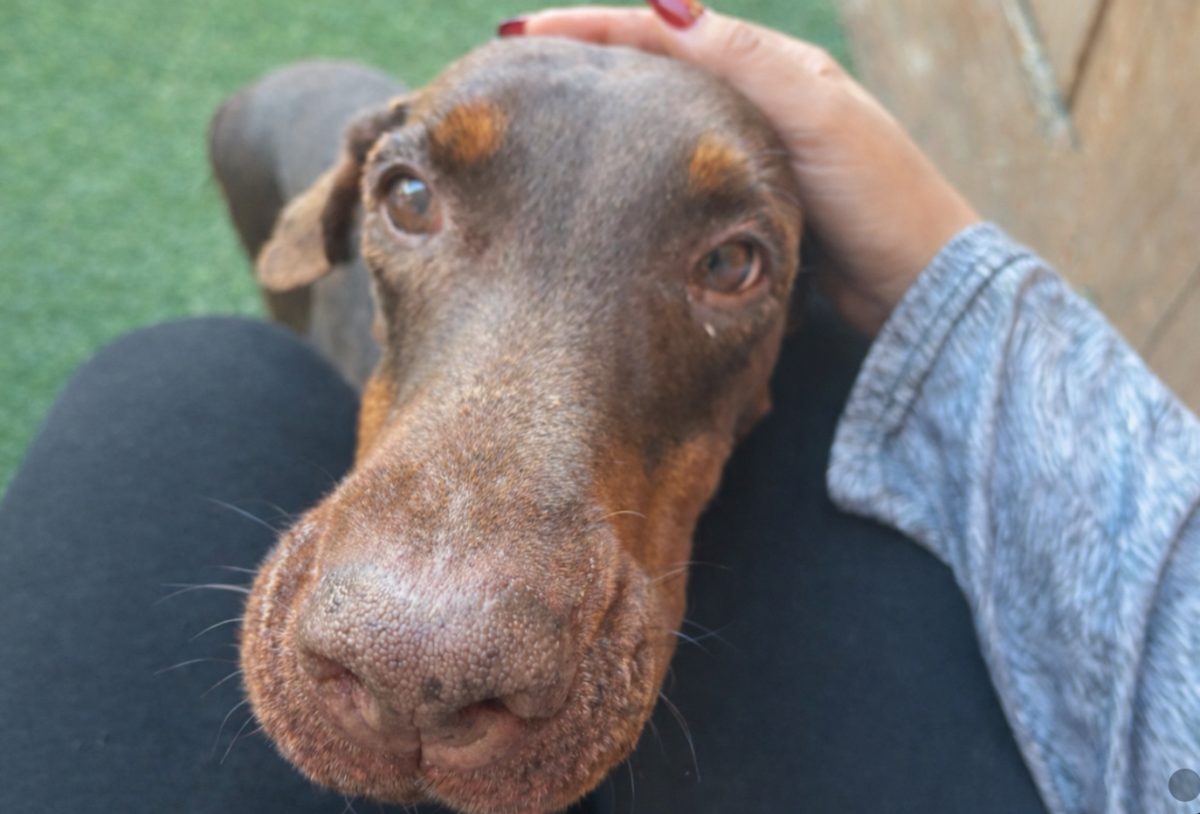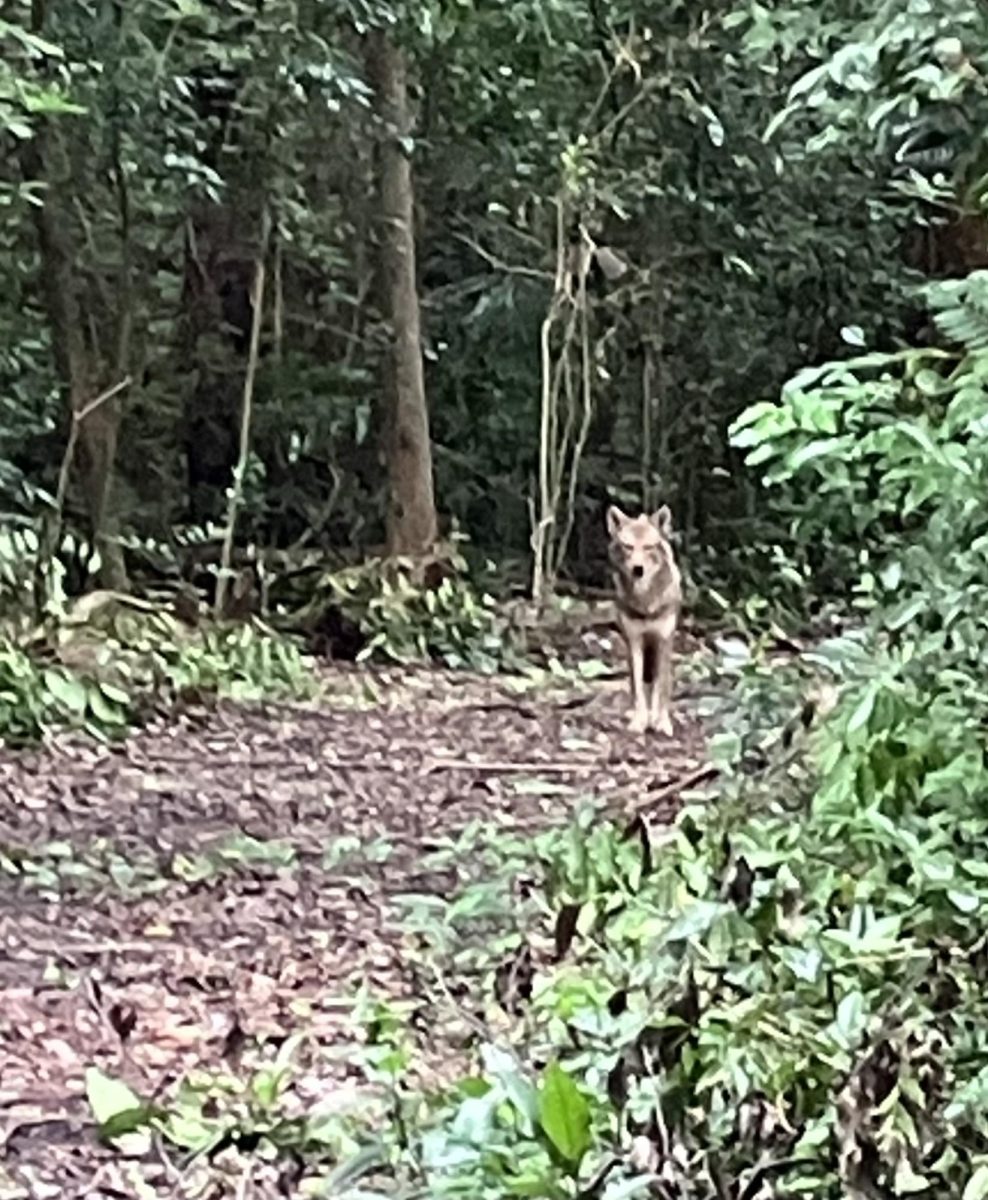Baby goats, also known as young goats, are some of the cutest and most energetic animals on a farm. They are born after about 150 days of pregnancy, usually in the spring when the weather is warmer. When they are born, baby goats weigh around 5 to 10 pounds and are covered in a soft coat of fur that helps keep them warm. Their large eyes and floppy ears add to their cuteness, and they quickly become popular with farm visitors.
In their first few weeks of life, baby goats are very playful. They love to jump, run, and explore their surroundings. It’s not unusual to see them hopping over rocks, logs, or even trying to jump on their mothers’ backs. This playful behavior helps them develop the strength and coordination they need as they grow. Baby goats are naturally curious and will often investigate anything new they find, which is why they’re so much fun to watch.
At birth, baby goats depend on their mother’s milk for nourishment, but within a few weeks, they begin eating solid foods like grass and hay. Goats are herbivores, meaning they only eat plants, and they can graze on a variety of grasses, weeds, and leaves. As they get older, they continue to nurse and eat solid foods, growing stronger each day.
Baby goats are social animals and love to interact with others. They often play with their siblings and learn important skills by spending time with their mothers or other adult goats. They can also form close bonds with humans, especially if they are raised with people from a young age. Their friendly personalities and playful nature make them favorites on farms and in petting zoos.
Some baby goats, unfortunately, are not so lucky. According to the SPCA, the Society for the Prevention of Cruelty toward Animals:















